Editor's note : On the occasion of Vietnamese Entrepreneurs' Day October 13, the series of articles "Vietnamese Entrepreneurs - Aspiration for Nation Building" on Vietnam Weekly records portraits of people who dare to think, dare to do, dare to step beyond their limits to contribute to the country through their own profession and beliefs. From An Nhien's aspiration to bring Vietnamese rice into the global value chain, to Nguyen Canh Binh's persistent journey of "knowledge business in the market era", and the bustling atmosphere at the ViPEL Forum, where the Party's innovative thinking meets the nation-building aspirations of businessmen - each story is a slice of the Vietnamese spirit in the new era: doing business not only to get rich, but to build the nation's future. |
"I feel like I'm thirty years old again"
“In recent years, I have often given up. Because I am this old, a leading enterprise in an industry in the whole country, and I have to ask for everything, building a factory takes 5 years, so where is the time to work? But when I heard the General Secretary speak, I felt like I had the same spirit as when I was 30 years old, and I will do it again!”
The voice of the nearly 70-year-old man echoed in the conference room, making many people moved to tears, even though he did not want to be named.
He spoke with an emotion that had not appeared in business discussions for a long time – the emotion of renewed confidence. He did not talk about profits, nor about market share, but about “enriching the country and the people”, about the responsibility to turn the Party’s Resolution into reality, and about the aspiration to “strive together for Vietnam to develop, to go out with its head held high”.
It can be seen that the atmosphere in the conference hall of the Vietnam Private Economic Panorama (ViPEL) was reheated by a special energy - the energy of experienced people who still have the belief that this country can go further, if the institutions and actions know how to go in the same direction.
“Public and private sectors build the nation together” – the slogan mentioned by the Prime Minister and the business community – is becoming a new spirit of movement: the State and business people do not stand on two sides of the dialogue table, but sit on the same side – write together, work together, and take responsibility together.
Golden moment of Vietnamese intelligence
Ms. Nguyen Thi Phuong Thao, Chairwoman of Sovico Group, spoke with the voice of someone who sees opportunities in a time of change: “We are living in a time when artificial intelligence, semiconductors, data and the digital economy are changing every day. This is a golden opportunity for Vietnam to break through and take the lead in the new era.”

According to Ms. Thao, Vietnam is currently in the top 6 globally in terms of openness to artificial intelligence, and is forming an innovative ecosystem spanning from digital finance, smart manufacturing to clean energy. For the first time, Vietnamese businesses have the opportunity to participate deeply in the global technology value chain – something that was a distant dream a decade ago.
But she was also blunt: “Opportunities can only be realized if we remove four bottlenecks – data infrastructure, legal institutions, human resources and capital.” Innovation cannot take off when data is fragmented, when the legal system is still cautious about innovation, when good engineers are scarce and when venture capital is still trickling.
The spirit of Ms. Thao – and of the new generation of entrepreneurs – is not to stand outside the global game. “Technology is not just a tool, but also a story of people, of vision and dreams,” she said. That story will only have a happy ending when the Government creates, pioneering businesses and society join together – like three legs of a tripod creating a solid foundation for a creative and self-reliant Vietnam.
From dialogue to co-creation
The ViPEL model is referred to as an “institutional breakthrough” rather than simply a conference or forum initiative for demonstration purposes.
Under the direction of the Government, ViPEL is a national public-private coordination mechanism, initiated and operated by Board IV, to create a platform for the State and the private sector to jointly plan, respond to and implement policies. In other words, this is the first “policy co-creation” institution in Vietnam, where businesses not only contribute ideas but also participate in actions.
Mr. Mai Huu Tin, Deputy Head of Department IV, clarified: “We do not speak in generalities. Each project within the framework of ViPEL has specific goals, monitoring mechanisms and shared responsibility.” He called this a shift “from criticism to co-creation” – a way to reshape the relationship between the State and the market.

Businessman Mai Huu Tin
Ms. Pham Thi Ngoc Thuy, Director of Office IV, describes ViPEL’s philosophy in three words: “Together”: Dream together – work together – take responsibility together. “We hope that businesses will not only cooperate with the State but also cooperate with each other, instead of each doing their own thing,” she said. The simple words imply a big thing: the cooperative thinking in development is being institutionalized.
If operated correctly, ViPEL can be a new type of intermediary institution – shortening the gap between planning and implementation, between thinking and action. It helps the State have a quick feedback channel, and businesses have a place to send initiatives and take responsibility for the results.
No innovation means death
Mr. Vu Van Tien, Chairman of Geleximco, made a short but sharp speech: “If we do not innovate, we will die.” He said and mentioned the reality – Vietnam’s industry is still at the bottom of the global value chain.
The localization rate in key industries remains low: machinery and equipment only reaches 25-35%, auto components 5-20%. More than 70% of industrial export turnover comes from the FDI sector, while domestic enterprises mainly do processing.
“We have not yet truly mastered the technology, and are still dependent on materials, equipment, and even technical standards,” he said.
ViPEL, according to Mr. Tien, is not a formal project but a mechanism for Vietnamese enterprises to have greater opportunities in the global supply chain - where the State creates a legal framework, and the private sector invests in R&D, digital transformation, human resource training and green production.
“Vietnamese businesses must dare to think, dare to do, dare to take the lead,” he said, “because without aspiration, we will not be able to do anything.”
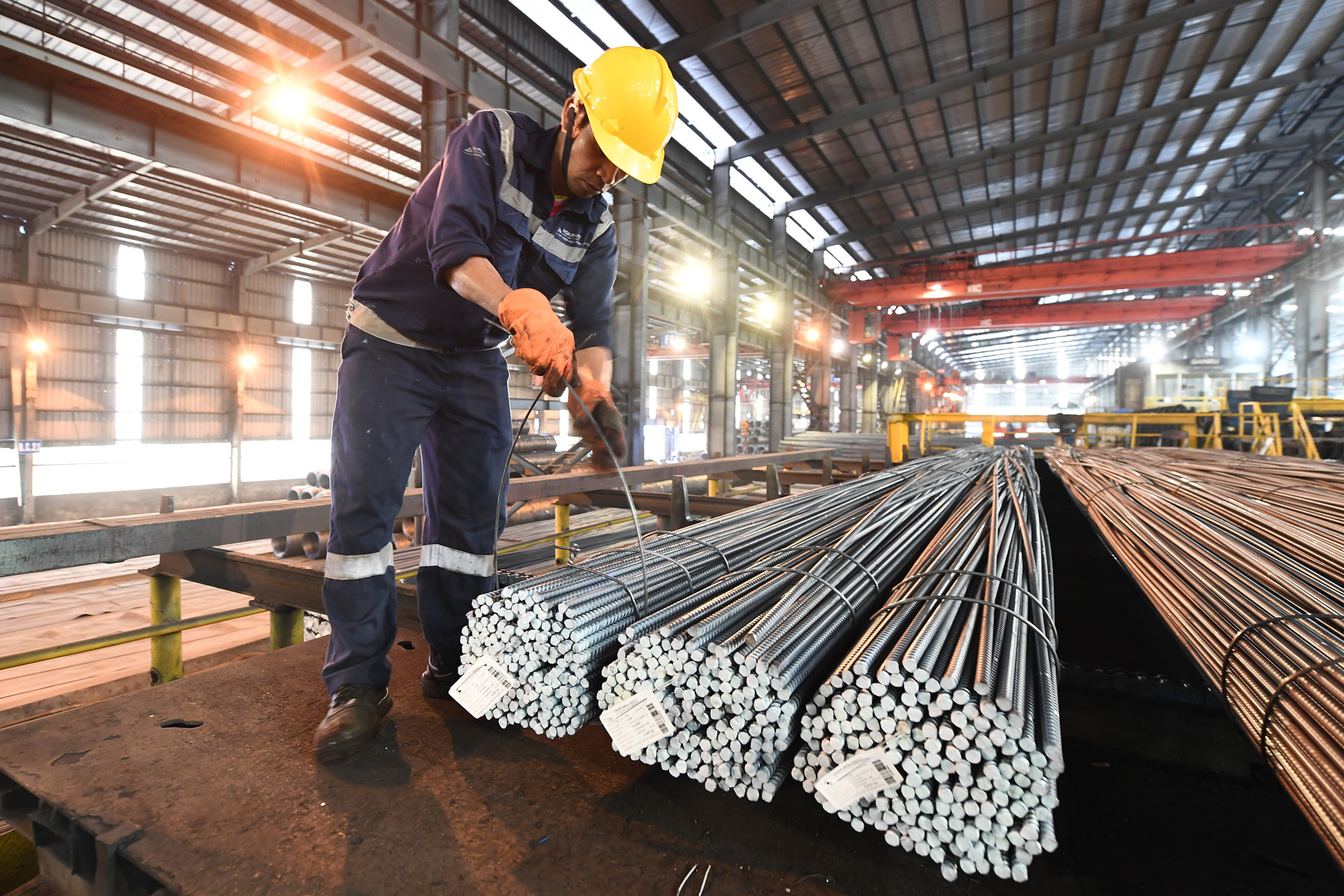
Vietnam's industry is still at the bottom of the global value chain. Photo: Nam Khanh
From mechanism to belief
Vietnam currently has nearly 1 million private enterprises and more than 5.2 million business households, contributing more than half of GDP, creating jobs for 82% of the workforce. That number speaks to the position, but also exposes a paradox: such a large sector is still struggling with old barriers - land, procedures, credit, overlapping policies.
ViPEL was born, first of all, to remove those barriers to foster business confidence. Because for many years, businesses have often been invited to “give policy opinions”, but their opinions have fallen into a void. Meanwhile, the State always says “listens”, but the response mechanism is slow.
This time, with ViPEL, both sides put their hands on the wheel: If the policy is wrong, the business must also take responsibility; if the policy is right, the business must be the first to implement it.
Prime Minister Pham Minh Chinh said at the forum: “The private economy is the most important driving force of the economy.” And he gave the Conference 20 words: “Constructive State – Pioneering Entrepreneurs – Public and Private Partnership – Strong Country – Happy People.”
It is not just a political slogan but a new development model – a model of partnership economy, where the role of the State and the market are repositioned in the modern order.
Decade of wisdom and action
From the ViPEL forum, people not only see the aspiration, but also see the return of the spirit of action. There are no more sighs about procedures, but clear commitments: investing in green technology, cooperating in R&D, training human resources together, and building domestic value chains together.
ViPEL is tasked with implementing the spirit of Resolution 68 of the Politburo – on developing the private economy to become an important driving force of the economy. That means, if this mechanism is successful, it will not only be a cooperation program, but also a step to institutionalize the reform vision: the State shares power, businesses share responsibility, and society benefits together.
Ms. Thuy said: "When the leader's will is combined with the people's spirit, the most sustainable formula is for the whole people to build the nation together."
Perhaps everyone understands that, after the promises and resolutions, what this country needs most is not a new plan, but unity in action.
When aspiration meets innovative thinking
From the story of the 70-year-old businessman to the "three together" spirit of ViPEL, one can see a common thread: Vietnam is entering a period where the aspirations of entrepreneurs and the Party's innovative thinking are meeting.
If nurtured by transparent mechanisms and a spirit of action, it will create new energy for the entire economy. Because when the creative State and pioneering entrepreneurs look in the same direction, development is no longer a slogan – but an inevitable result.
And when Vietnamese people no longer have to "beg" for work, but are free to do what is right and beneficial to the country - that is the true sign of a humane and mature economy.
The 21st century, as Ms. Nguyen Thi Phuong Thao said, "must be the century of Vietnamese intelligence".
And ViPEL – if it goes the right way – can be the starting point for that: where aspiration and institution meet, where “Public and private co-building the nation” is no longer a promise, but a common action of all.
Next: An Nhien's journey from a grain of rice to the aspiration of a great power
Vietnamnet.vn
Source: https://vietnamnet.vn/khi-khat-vong-doanh-nhan-gap-tu-duy-doi-moi-cua-dang-2451815.html



![[Photo] General Secretary To Lam attends the opening of the 1st Government Party Congress](https://vphoto.vietnam.vn/thumb/1200x675/vietnam/resource/IMAGE/2025/10/13/1760321055249_ndo_br_cover-9284-jpg.webp)




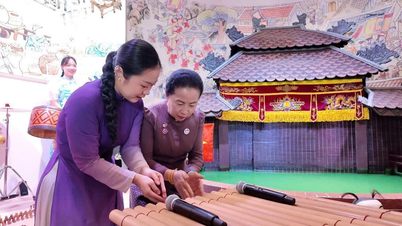









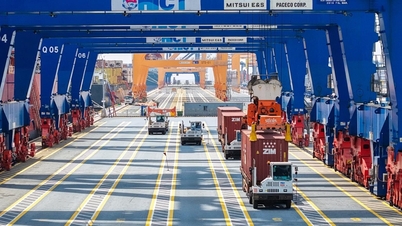



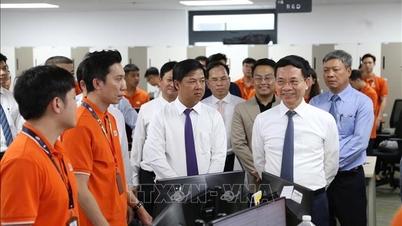
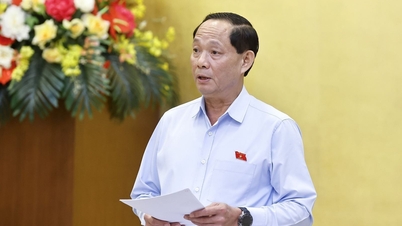
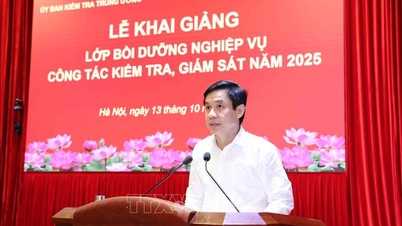





















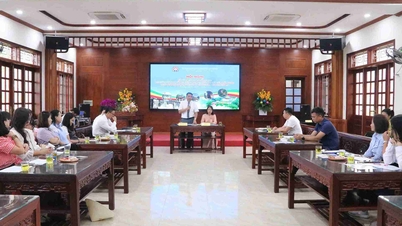












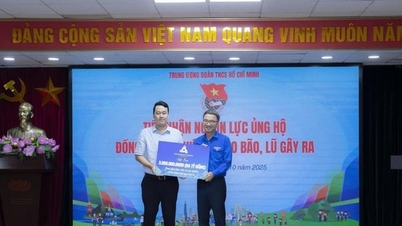

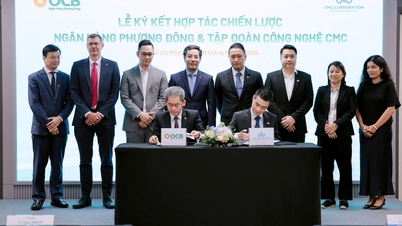





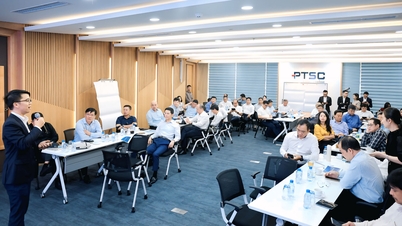






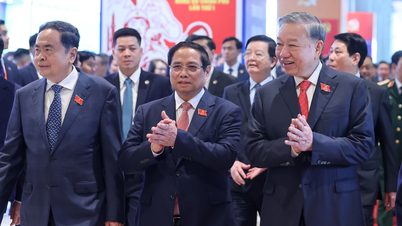
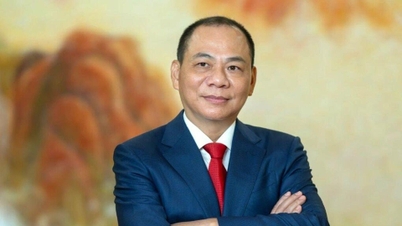



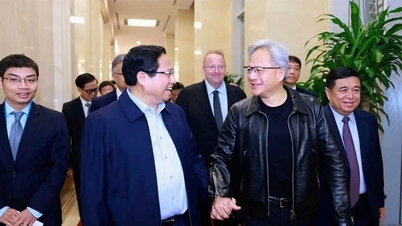
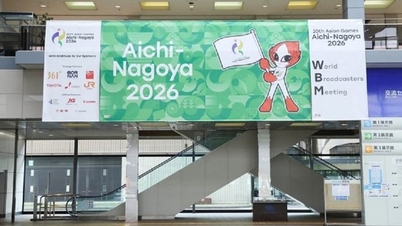




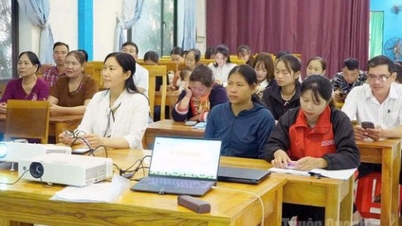

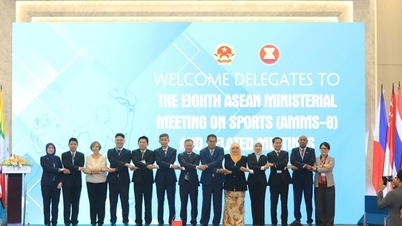









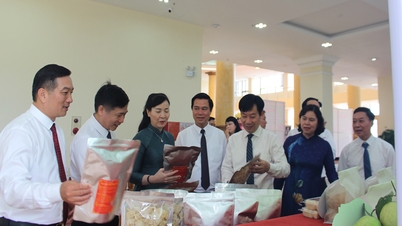










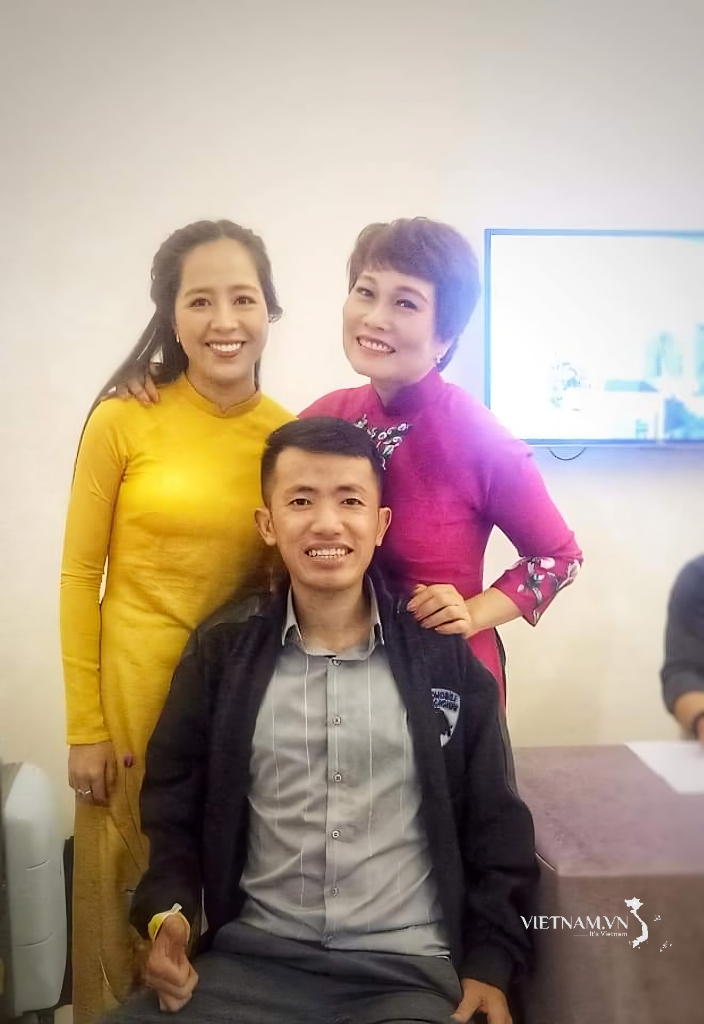



Comment (0)